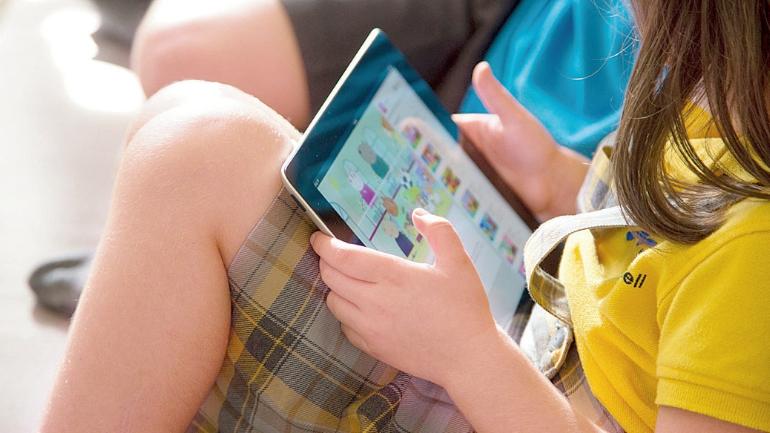
" Screen time " ; is a term used for activities done in front of a screen, such as watching TV, working on a computer, or playing video games. Screen time is sedentary activity, meaning you are being physically inactive while sitting down. Very little energy is used during screen time.
In the study we noted that 84% of children classified as obese spent 5 hours or more (per day) in front of screens.
This was told by Dr Rajneesh Kapoor, Vice Chairman- Interventional cardiology at Medanta Hospital, Gurugram, Haryana, India. Dr Kapoor was speaking in a press conference commemorating World Heart Day 2019, which falls on 29 th September and is observed worldwide to generate awareness on heart diseases.
Our study aim was to scan the lifestyle of children who had BMI ranging in between 25- 40. BMI of 25-30 is medically considered to be overweight, and BMI of more than 30 is obese.
In the study 490 children participated by responding through a multiple-choice questionnaire. The total screen time was calculated by simply summing up the different screen time. The study was carried out with children from Punjab, Gurgaon, Delhi. Based on BMI index 46% were found to be obese, 44% overweight. Around 50 were excluded from the study because the weight gain was found linked with other medical reasons.
He said that “In obese category group, 84% reported daily screen time of 5-6 hours, 11% reported less than 3 hours and 5% reported in between 3-4 hours screen time per day.”
He says “In the overweight category group, daily screen time was found to be ranging in between 1-4 hours per day but with positive correlation between higher BMI and high Screen time.”
Dr Kapoor says that “The study has indicated that kids who spend a lot of time in front of television and phone screens are at an increased risk of being obese.”
He says that “Screen time increases your child's risk for obesity because:
Dr Rajneesh Kapoor said “Computers can help kids with their schoolwork. But surfing the internet, spending too much time on Facebook, or watching YouTube videos is considered unhealthy screen time.”
He says “Childhood obesity can lead to health implications that are usually only seen in adults – type 2 diabetes, high blood pressure, high cholesterol and heart disease. And the risk factors of childhood obesity go beyond the implications to children’s physical health.”
“Children are likely to experience social isolation and psychological problems such as depression, low self-esteem and negative body image,” Dr Kapoor said.
Dr Rajneesh Kapoor says that “according to guidelines limit screen time to 1 to 2 hours a day for children over age 2.
To decrease screen time Dr Kapoor suggests:
Share This News